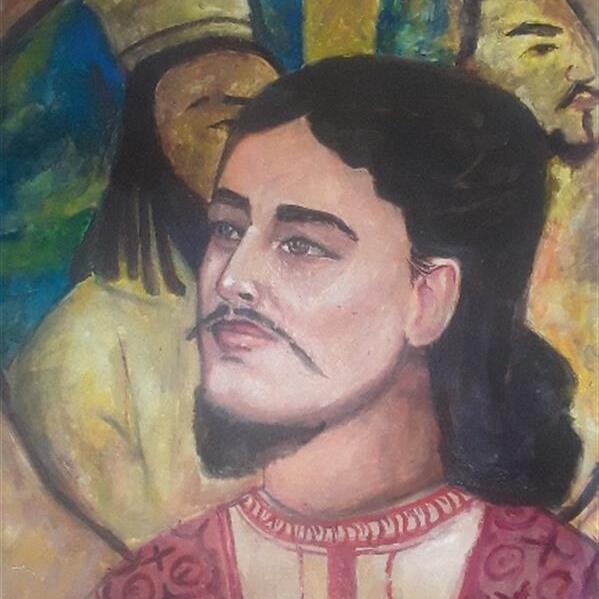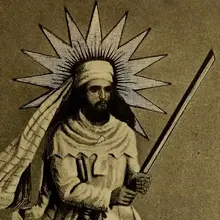
Personal
Other names:
Manes, Manichaeus
Mānī, Móní, Mānī ḥayyā
Job / Known for:
Founder of Manichaeism
Left traces:
His works of scripture and art
Born
Date:
216-04-14
Location:
IR
Seleucia-Ctesiphon, Parthian (modern-day Iraq)
Died
Date:
274-03-02 (aged 58)
Resting place:
IR
Death Cause:
Execution by the order of Bahram I
Family
Spouse:
Children:
Parent(s):
Pātik, Mariam
QR Code:
Show More
Article for Mani
Died profile like Mani
Comments:




